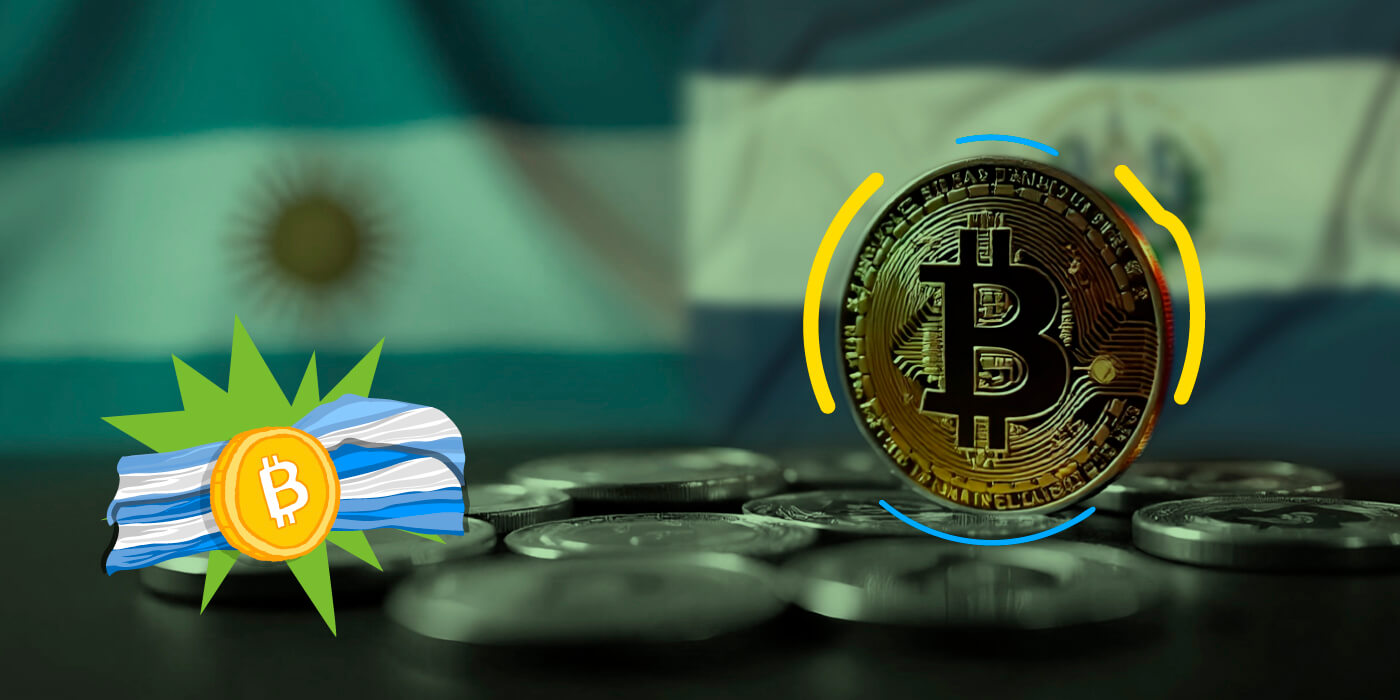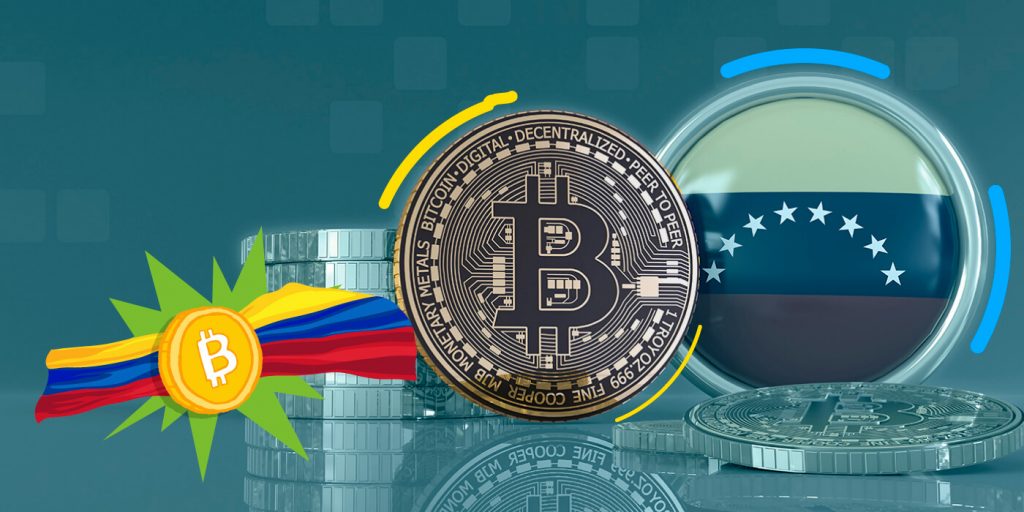Argentina’s View on Bitcoin

At present, Argentina’s economy is facing significant inflationary and debt-related challenges. In this context, many politicians have begun exploring new financial solutions. After her meeting with Bukele, Villarruel emphasized that Argentina is interested in adopting elements of El Salvador’s economic structure centered on Bitcoin. During the meeting, the Vice President highlighted that one of the key points was Bitcoin and its adoption as an official currency, as well as its potential to bring balance to developing markets.
Volcanic Bonds: A Future-Oriented Financial Solution

Another topic of debate during the gathering between Villarruel and Bukele was the initiative of Volcanic Bonds. This economic tool, created by El Salvador, is linked to geothermal energy harnessed from geothermal sources and dedicated to Bitcoin mining. Volcanic Bonds have garnered global attention by combining cryptocurrency investment with a renewable energy focus.
Villarruel showed a strong interest in adopting a similar model in Argentina. Títulos Volcán offer an interesting option to fund key initiatives, especially in countries with access to renewable energy sources. With Argentina’s vast natural wealth, adopting a similar bond model could have a substantial influence on its economy, providing a path for foreign investment and a tool to diminish the need for traditional loans.
Closing remarks
The meeting between Villarruel and Bukele signals Argentina’s growing interest in the crypto ecosystem and explores new financial solutions. As Argentina faces significant economic challenges, adopting Bitcoin and mechanisms like Volcanic Bonds could represent a paradigm shift. El Salvador’s success with these elements may inspire other nations in similar situations. However, only time will tell if Argentina follows this path and adapts it to its own economic and social reality.








